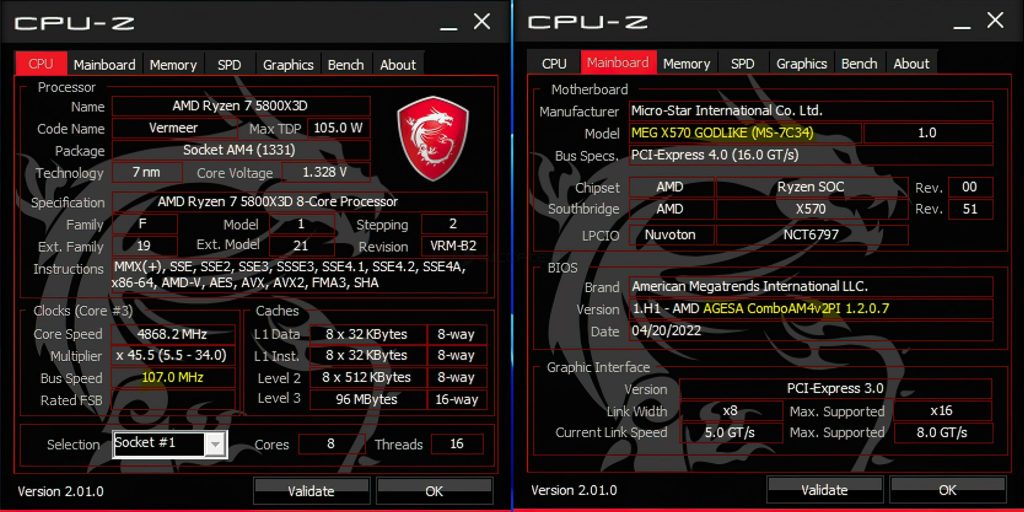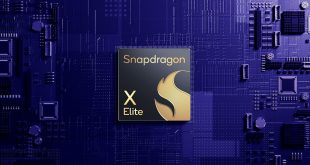Despite the lack of official overclocking support, it is possible to BCLK overclock a Ryzen 7 5800X3D. The process isn't as simple as traditional overclocking, and a BIOS update is required to enable it. Now, it appears that MSI will be the first to release the BIOS update, enabling BCLK overclocking on MEG X570 motherboards.
Officially, the AMD Ryzen 7 5800X3D doesn't support any overclocking, but multiple users and enthusiasts have shown that it's possible to push the chip to higher clocks by increasing BCLK. Some could even make it past the 5GHz mark, but the average overclock is closer to the 4.7-4.8GHz range.
For now, no motherboard vendor has announced support for the feature, but that may change. According to Wccftech, MSI will soon launch a new BIOS for select boards based on the AGESA 1.2.0.7 firmware, including the MEG X570 Godlike, Ace and Unify series. These are MSI motherboards featuring an external clock generator, hence why these are the only ones that support BCLK overclocking.
Through leaked images, which you can see above, we can see a Ryzen 7 5800X3D overclocked to 4.87GHz at 1.328V by setting the BCLK at 107MHz. That was enough to improve the Cinbench R23 single-thread score by 7.5% and the multi-thread score by 5%.
Besides BCLK overclocking, the new BIOS will also fix the fTPM issue that causes game stuttering and introduce support for the latest Ryzen CPUs to 300 series motherboards.
Discuss on our Facebook page, HERE.
KitGuru says: Do you own an MSI MEG X570 series motherboard? Are you planning on updating it so you can BCLK overclock the new Ryzen 7 CPU?
 KitGuru KitGuru.net – Tech News | Hardware News | Hardware Reviews | IOS | Mobile | Gaming | Graphics Cards
KitGuru KitGuru.net – Tech News | Hardware News | Hardware Reviews | IOS | Mobile | Gaming | Graphics Cards



